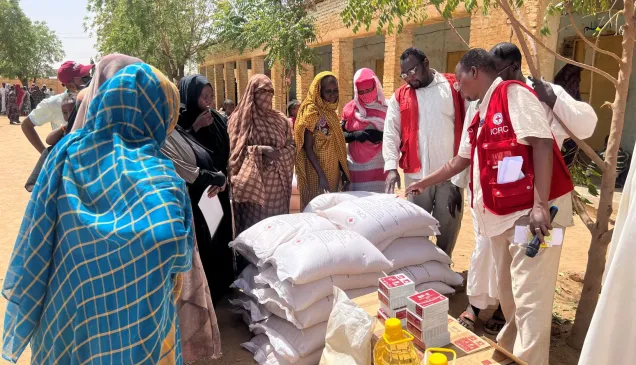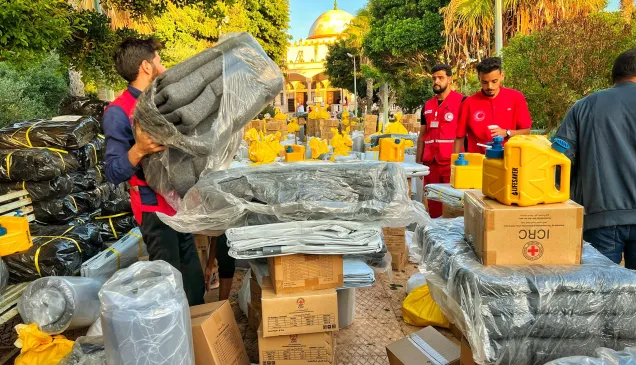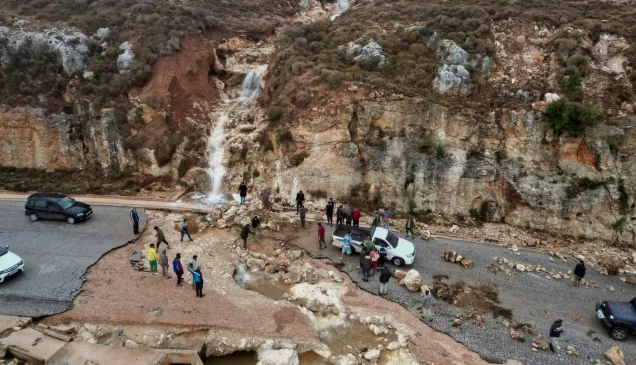“My diploma has lost all value”: Libya’s young graduates face an uncertain future
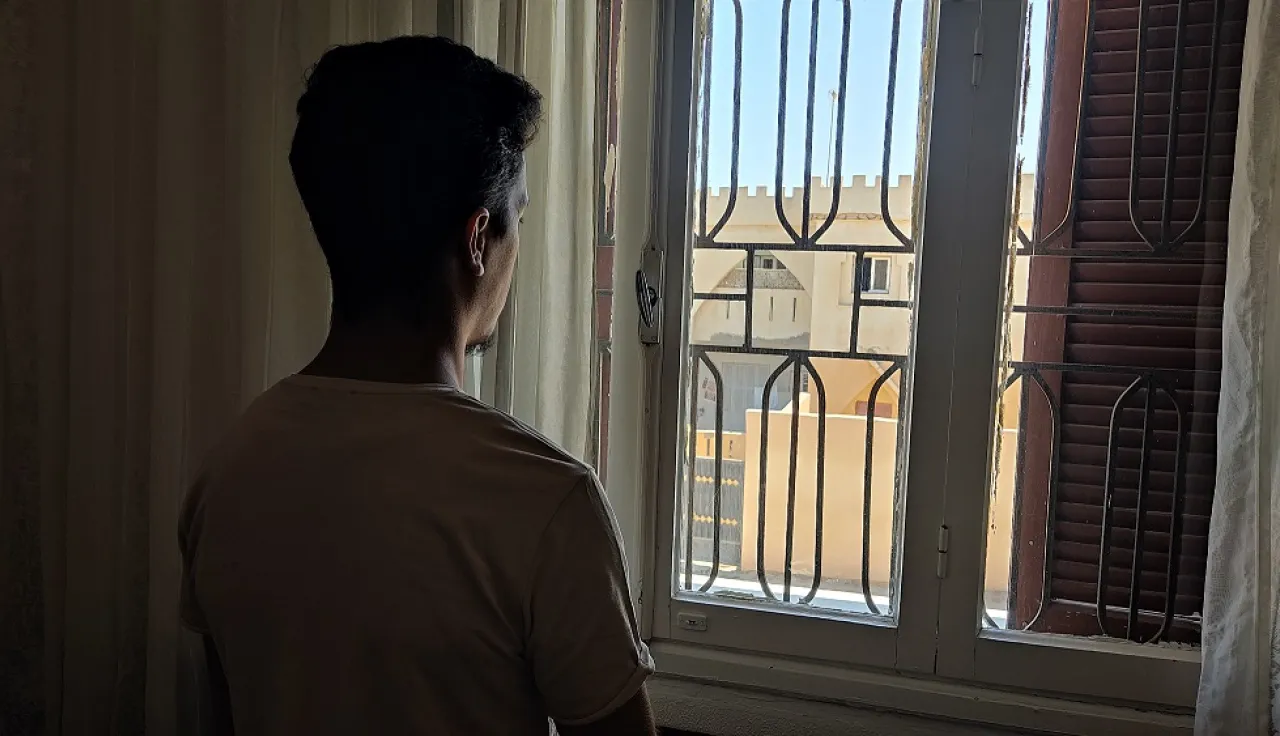
A decade of conflict has weighed heavily on Libya, a country with a rich cultural heritage and home to a generation of youth with dreams of successful careers and economic security. Despite a recent let-up in the fighting, life has not returned to normal for young graduates like Ahmad and Israa, who are struggling to build a life against a backdrop of conflict, insecurity, and a global pandemic.
Ahmad, a petroleum engineering graduate, had planned for everything; except that the conflict in his country would drag on for a decade. “I was not very focused on what was going on outside the faculty walls. My degree was my only focus,” he explains. “You can imagine how hard it was for me when I completed my degree and realized that my diploma had essentially lost its value. It was a shock,” Ahmed recalls, sitting in his humble living room.
Sitting in front of him, his mother’s gaze is full of both great fondness and nagging worry, “He still hasn’t found a job yet, despite all his efforts,” Yasmine says sadly.
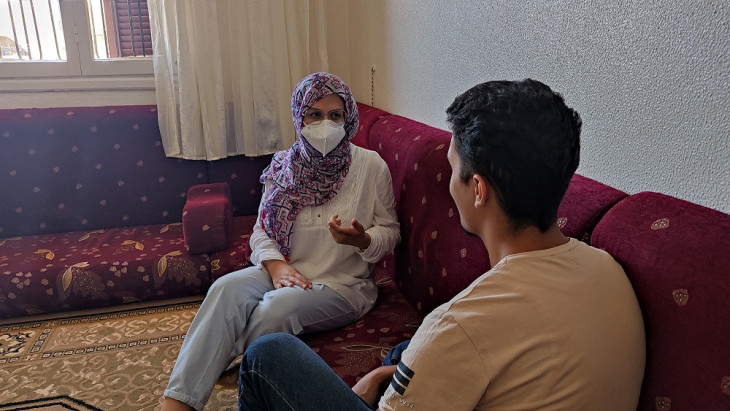
The conflict in Libya is taking a toll on people's lives and disrupting normal services such as health care, availability of clean water, and electricity. Omar AMER/ICRC
Ahmad joined the engineering faculty in Khoms, a coastal city halfway between Tripoli and Misrata, with one goal in mind. In five years, and not one year more, he would become an engineer. “Just like my father,” he recalls proudly.
Indeed, he successfully followed the path that many had taken before him in the oil-rich country. He graduated, in 2019, with a degree in petroleum engineering.
But, meanwhile, as he studied and made plans for his future, the bitter conflict in Libya raged on. Over the years, the conflict forced countless families to flee their homes, losing both social support and work opportunities. Many families like Ahmad’s are still wrestling with the debilitated economy, a political process mired by divisions, increasing prices, and a lack of liquidity. And the hostilities kept coming, one after another, taking a toll on people’s lives and disrupting normal services such as health care, availability of clean water, and electricity.
Employers outside Libya associate us with conflict. I have sent so many CVs and never received replies.
“The petroleum industry has been one of many affected sectors by the decade-long conflict,” explains Aisha Suliman, who monitors the livelihood programme of the International Committee of the Red Cross (ICRC) in Khoms. The ICRC programme supports Libyans, many of them women, who want to start small businesses to provide for their families. And also for their children who struggle to find work.
“People who used to be employed in the petroleum field found themselves without work as foreign companies left the country because of the conflict. On top of that, came COVID-19, which shrunk the global economy and the job market,” said Aisha.
Another sector hard-hit by the ongoing conflict is the public sector. According to a World Bank Report published in 2015, this sector has traditionally been by far Libya’s biggest employer, hosting 85 per cent of the total active labor force, and 93 per cent of active women.
“Youth today can feel compelled to turn to the private sector, but it can’t absorb all those who used to work in the public sector,” adds Aisha.
Israa, 34, an ICT graduate, has longed to work in administration since she obtained her diploma in 2012. So has her Fatma, who was her classmate.
What’s more, their two brothers are also unemployed, except when they are able to pick up daily work. But, Israa explains, “The problem is that we never know when work will come." This leaves the four siblings relying on the social support their mother, a widow, receives each month.
Of course, work opportunities are even scarcer for all those displaced due to the conflict, who have to pay rent on top of all their expenses. Around 245,000 people have not been able to return home and remain displaced inside Libya.
Reflecting on the last two years, Ahmad, perched on his mattress, contemplates his mother with a grounded calmness and determination. He remembers that the first year after his graduation, he took an additional course, still clinging to a sense of hope. This was a feeling he lost by the following year. Today, he says that he has found it again, without explaining why. He wants, he said, to register for a master’s degree. “I don’t want to waste any more time,” he says.
*Names have been changed

